
How business entities would obtain benefits from the suspension of tax compliance programs by the IRS?
How business entities would obtain benefits from
the suspension of tax compliance programs by the IRS?
Tax Compliance programs by the IRS has been taking a series of steps related to tax legislation as an effort to alleviate the stress common people are facing due to the outbreak of COVID-19. The rapidly spreading COVID-19 has led to the reduction in sales, slowdown of businesses, people being laid off from their jobs and huge economic adversities. In such a chaotic situation, the IRS’s initiatives on the suspension of tax compliance would act as a boon for the taxpayers, especially for the business entities.
How business entities would obtain benefits from the suspension of tax compliance programs by the IRS.One such major initiative taken by the IRS is the implementation of the “People First Initiative” which would help in providing relaxation to those business entities who are facing uncertainties related to their taxes.
People First Initiative

The People First Initiative includes the postponement of certain payments that are associated with the installment agreements and offers in compromise.According to IRS, these measures included under the People First Initiative would start from 1st April 2020 onwards and would continue up to July 2020.The major changes which have been included in the People First Initiative are the postponement of the payments which are related to the Installment Agreements, the Offers in compromise, Audits, and other enforcement activities.
Installment Agreements
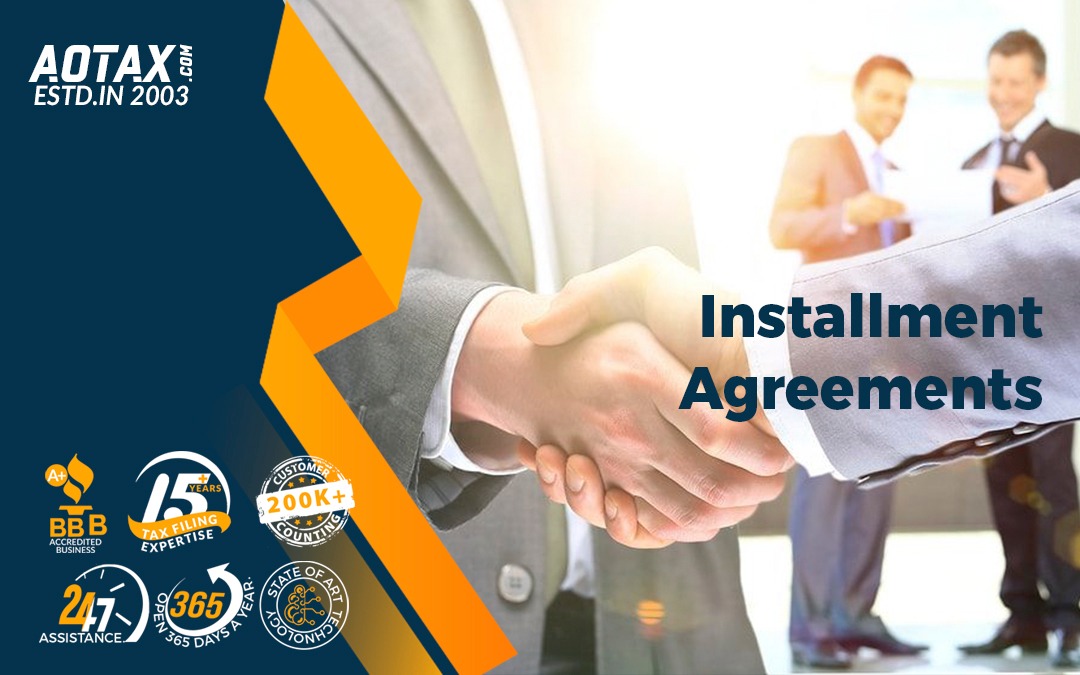
- The IRS has announced that it has suspended the existing installment agreements that were due in between 1st April and 15th July 2020. Those taxpayers who are not able to comply with the terms of the installment agreement can suspend their payments due during this period. The IRS would also not consider any installment agreement of this period as a defaulter. However, the interest would be accruing on the unpaid balances.
- Also, the IRS has made provisions by which taxpayers either individuals or business entities who would not be able to make payment for their federal taxes can take the help of the monthly payment agreement by the IRS.
Offers in Compromise (OIC)

- The taxpayers who have pending OIC can provide additional information for support till 15th July 2020. Without the consent from taxpayers, IRS would not be closing any OIC which is pending before 15th July 2020.
- Taxpayers who have accepted OICs can suspend their payments until 15th July 2020. However, interest would be levied on the accrued balances which are unpaid.
3.Those taxpayers who are delinquent in the filing of their tax return for the year 2018, the IRS would not issue an OIC as a defaulter for them.
4.Any delinquent returns of the tax year 2018 must be filed by the taxpayers either before or on 15th July 2020.
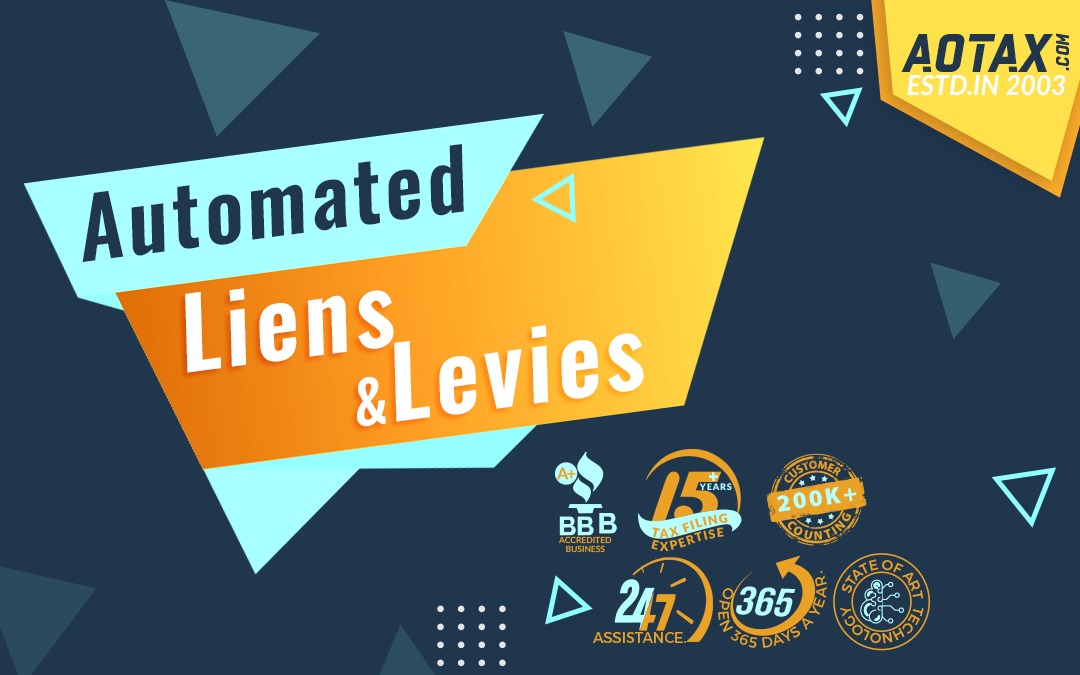
Automated Liens
and
Levies
According to the regulations of the IRS, no new automatic liens and levies would be carried out till 15th July 2020.

Activities related
to field collection
- All activities related to liens, levies and any seizures associated with a personal residence that are initiated by the field revenue officers will be suspended till 15th July 2020.
- The field revenue officers will, however, continue to perform seizures and similar activities for high-income non-filers whenever needed.
Passport Certifications to the State Government and Private Debt Collection
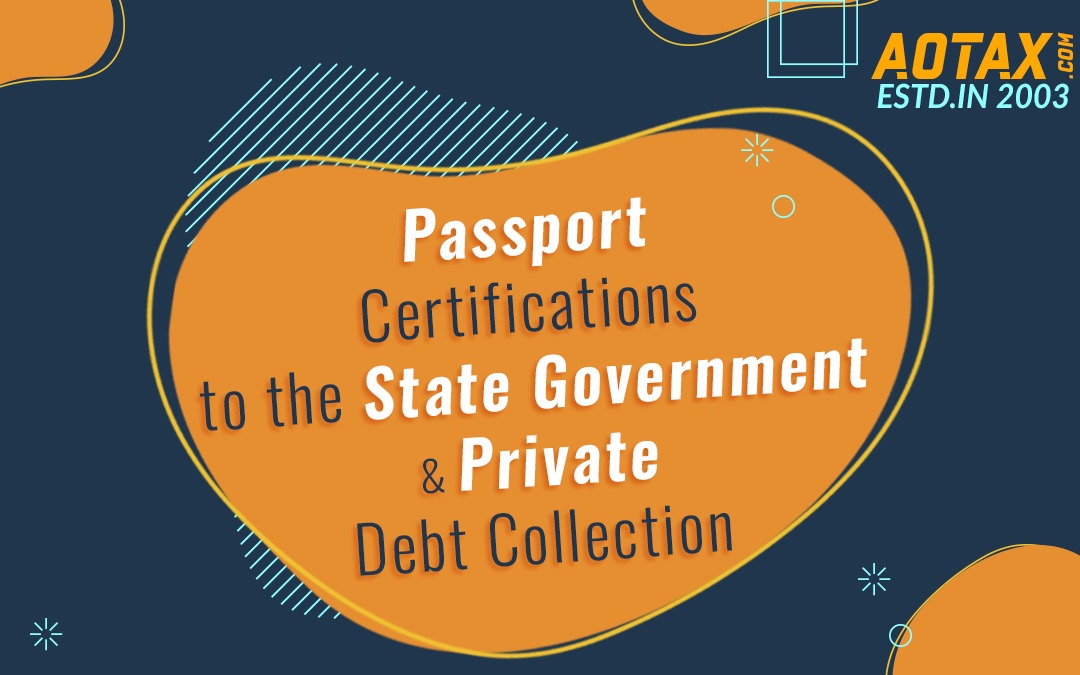
- For the seriously delinquent taxpayers, the IRS would provide Passport certifications to the State Government. This procedure has been suspended currently till 15th July 2020.
- Moreover, new delinquent accounts will also not be forwarded by the IRS to the other private collection agencies for working on them until 15th July 2020.
Field, Office and other correspondence audits

- Any in-person field, office or correspondence audits will not be carried on till 15th July 2020. There can be audits or examinations remotely by the examiners of the IRS. Taxpayers should also co-operate with the IRS and provide all information that is requested for faster tax processing.
- There might be some situations in which the taxpayers might be interested in the examination or audit. If the audit or examination is beneficial for the parties and the required IRS personnel are available then the audits/examination can start.

Refund claims
The IRS would continue to work on the processing of the refund claims without making any in-person contact.
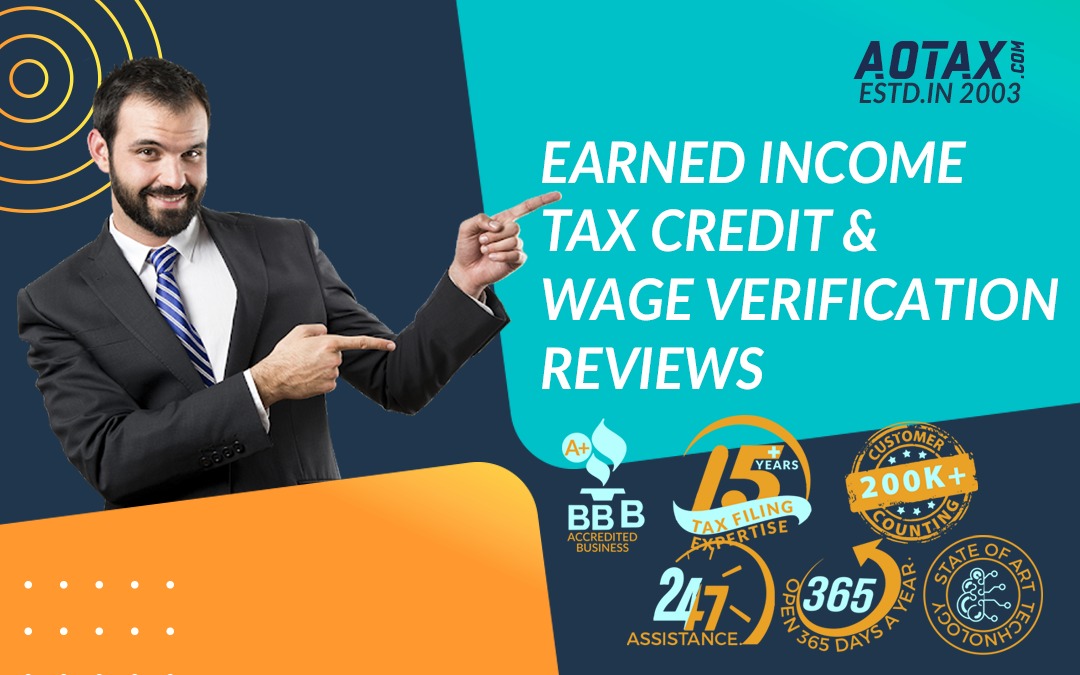
Earned Income Tax Credit and
Wage Verification Reviews
- The taxpayers have time till 15th July 2020 for responding to the IRS that whether they qualify for the EITC or their income has to be verified.
- Through 15th July 2020, taxpayers will not be denied these credits if they have a failure in providing the requested information.

Independent Office of appeals
The Office of appeals would be continuing to work on their cases. There might be a conference which would be held by telephone or through videoconferencing. For all the cases of the Independent Office of appeals, the taxpayers should promptly respond to any request made for information.
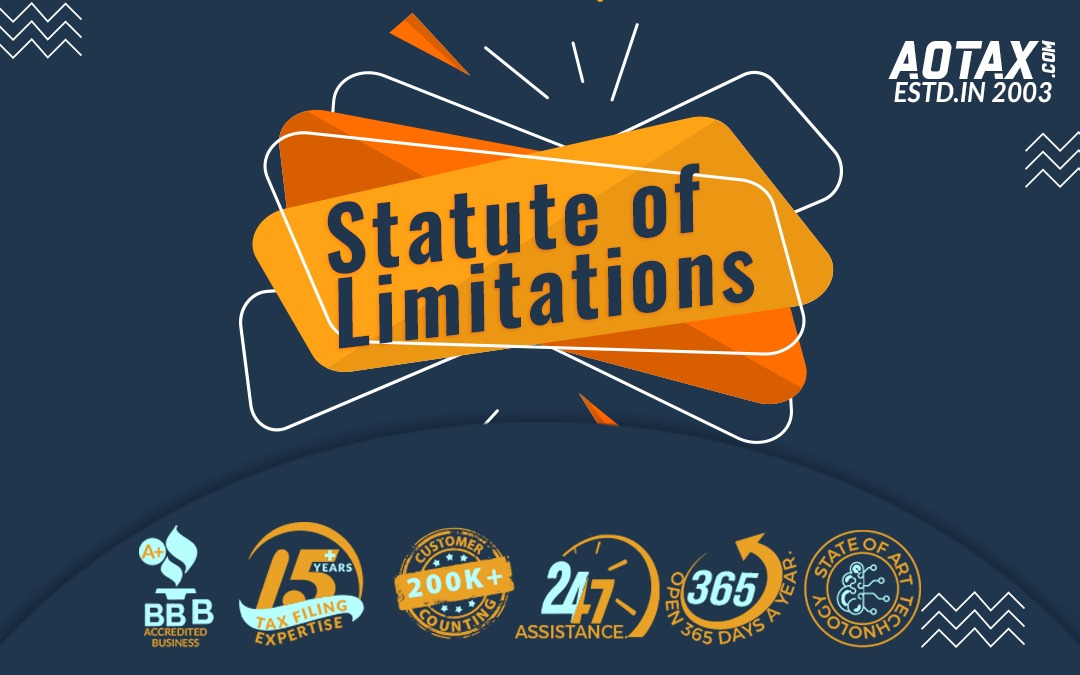
Statute of limitations
There would no disruption in the protection of the statute limitations by the IRS. The taxpayers are encouraged to co-operate with the IRS in extending those statutes whose expirations may be jeopardized. Otherwise, notes of deficiency would be issued by the IRS to protect the interests of the Government in the preservation of these statutes.
Conclusion
Hence, with these several changes being implemented by the IRS in the tax regulation the plight of the individual taxpayers and business entities would reduce by a considerable amount. With these tax relaxations and suspensions, business entities are sure to cope up with the losses that have been incurred due to the outbreak of COVID-19.
References
https://tax.thomsonreuters.com/news/irs-suspends-certain-compliance-programs-due-to-covid-19/
https://www.forbes.com/sites/kellyphillipserb/2020/03/25/irs-will-ease-tax-payment-guidelines–limit-collections-activities-during-covid-19-crisis/#5a8cdb9c4dca
https://www.forbes.com/sites/robertwood/2020/03/25/irs-eases-installments-due-slows-audits-sweeping-relief-puts-people-first/#2eb525c93855

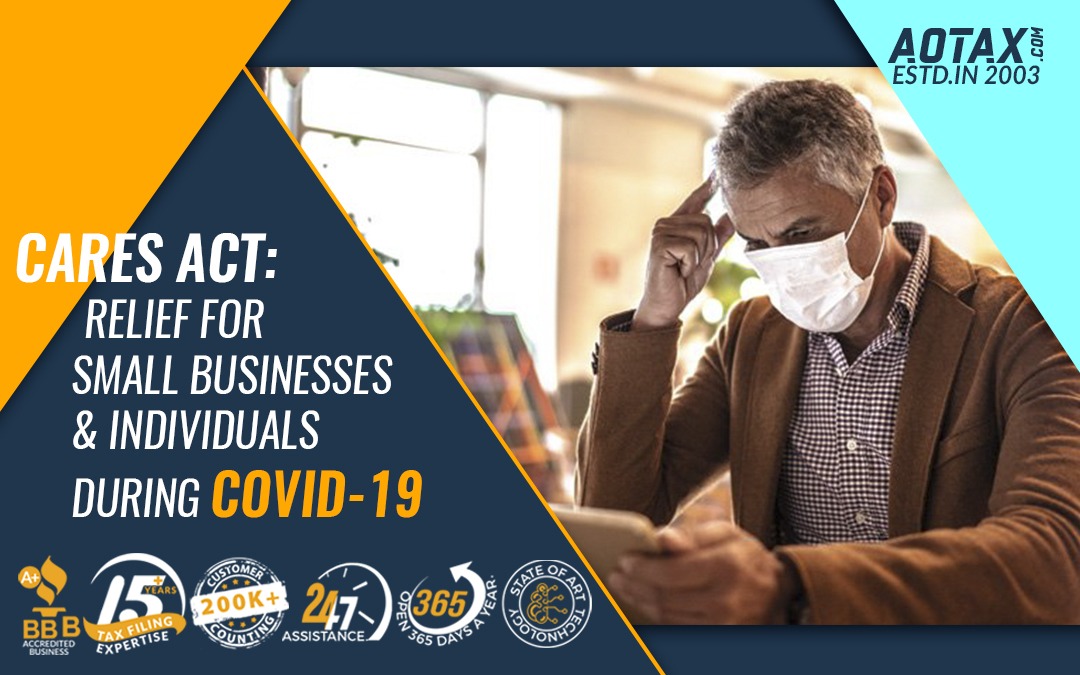


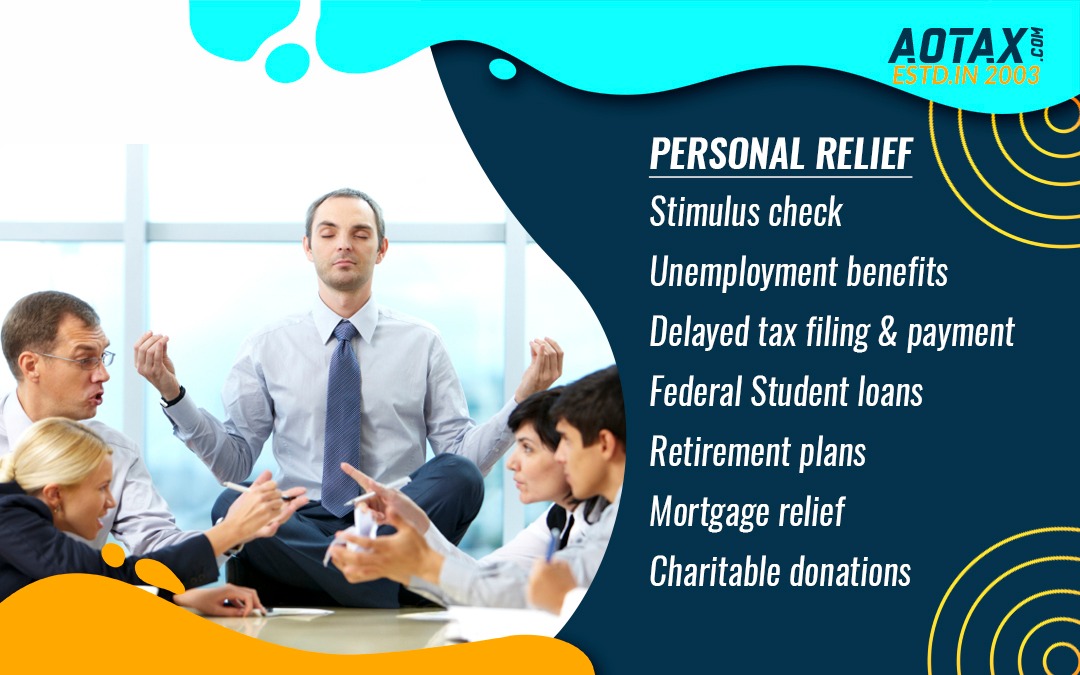

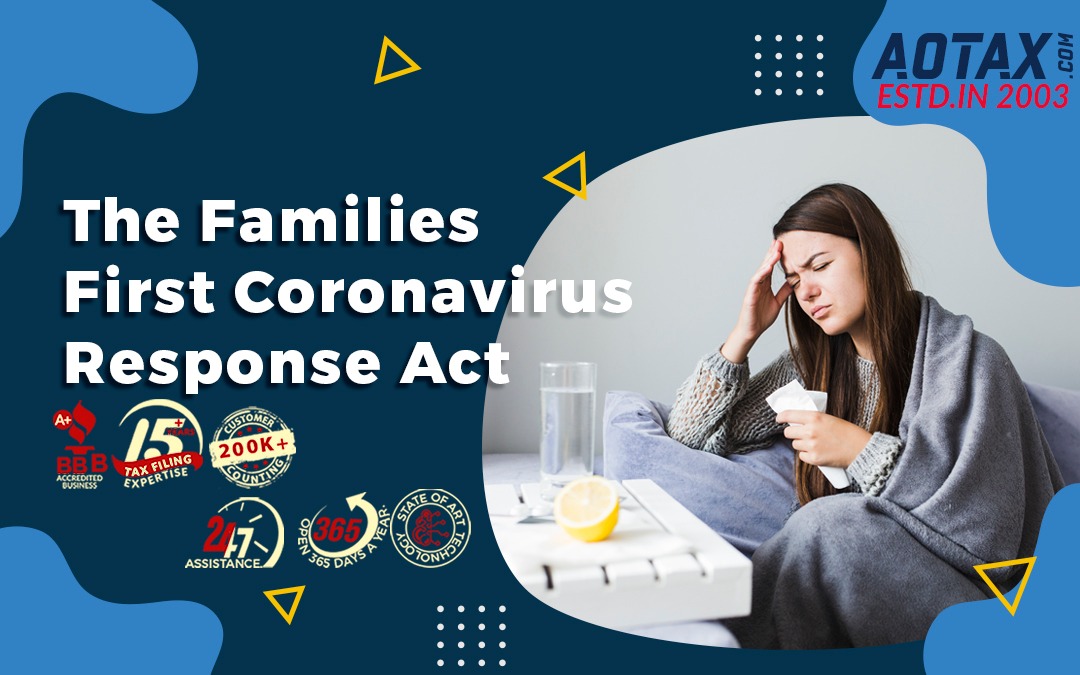
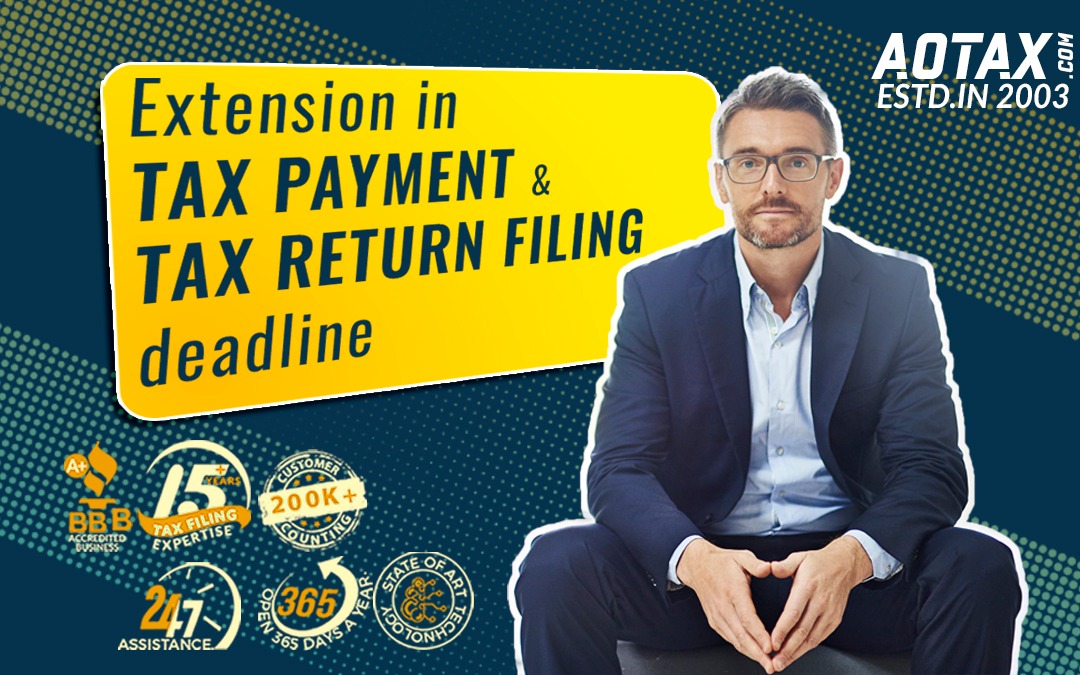
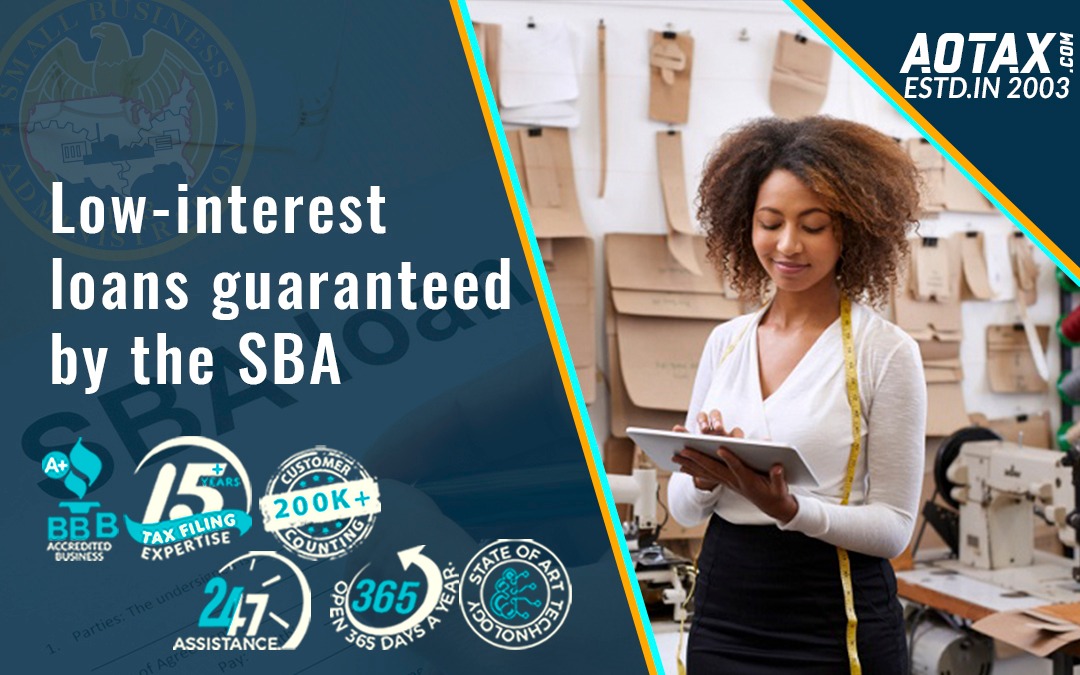
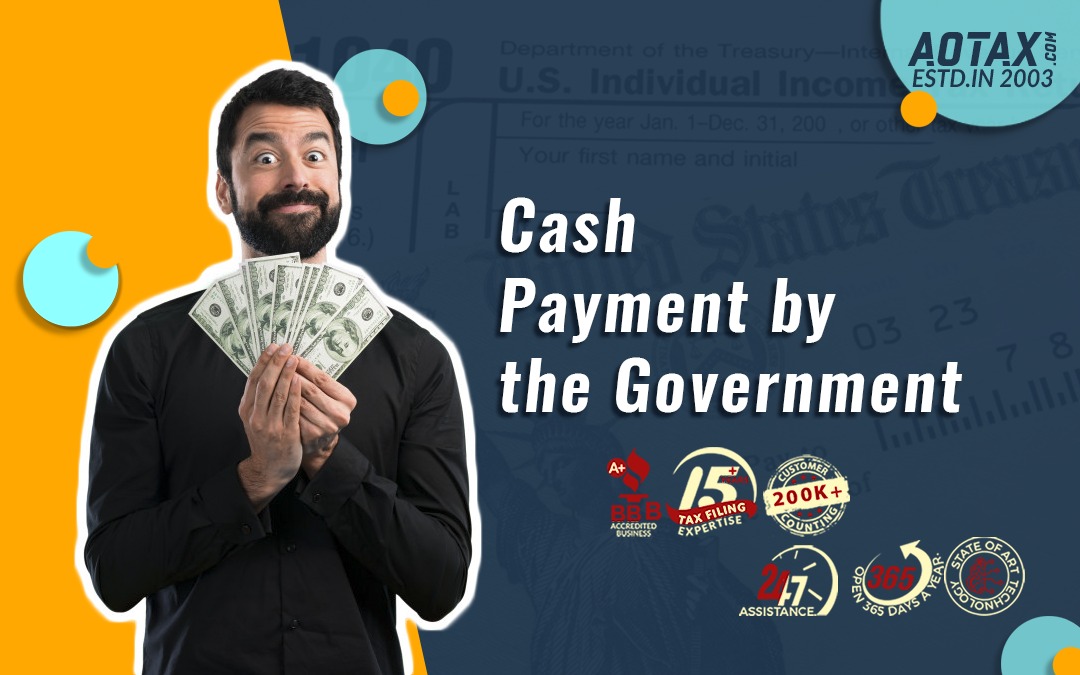

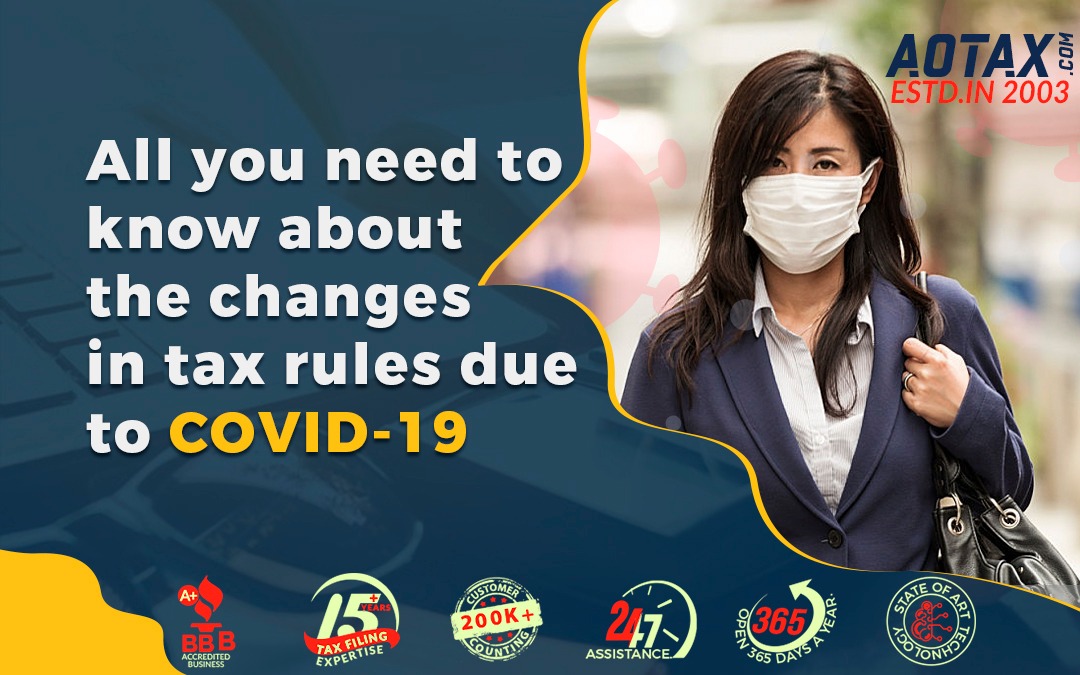
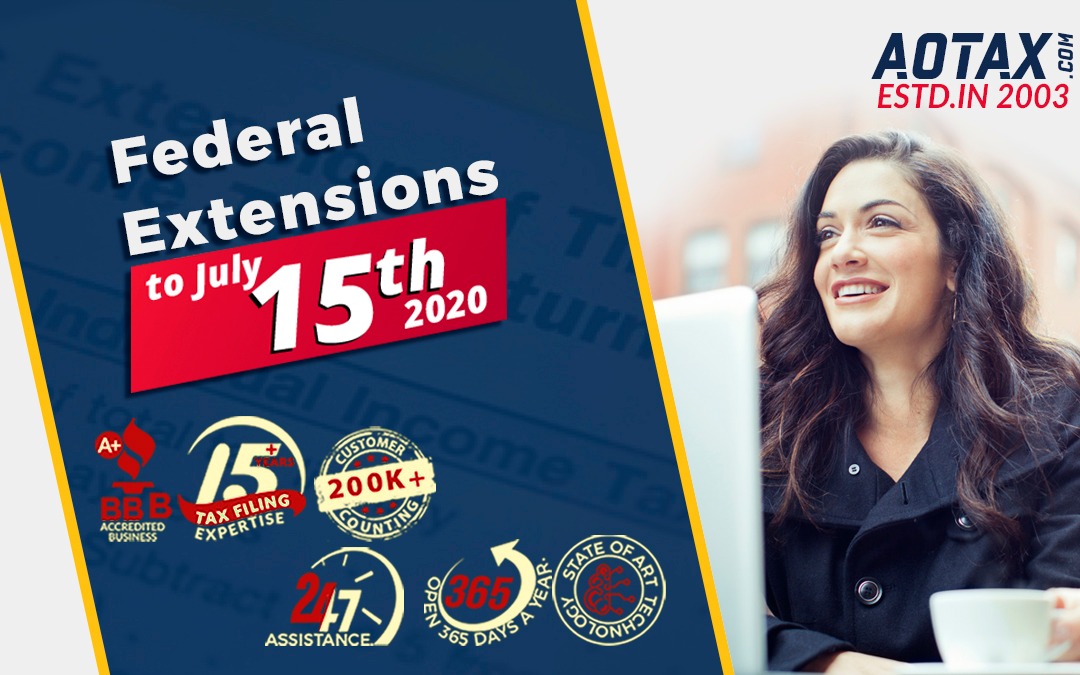

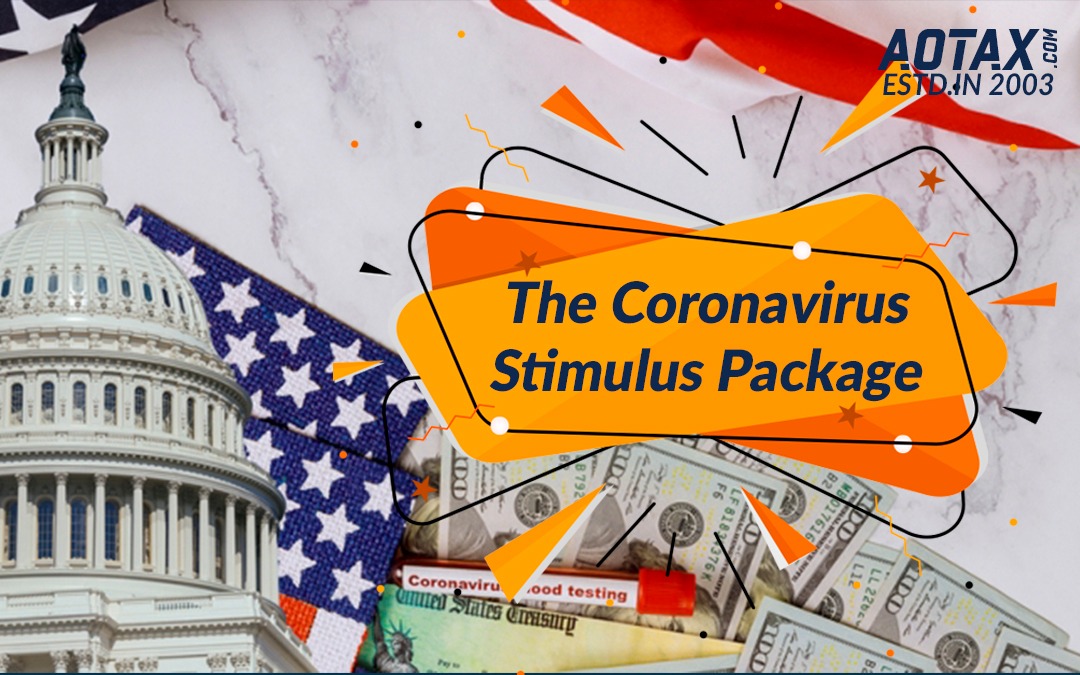
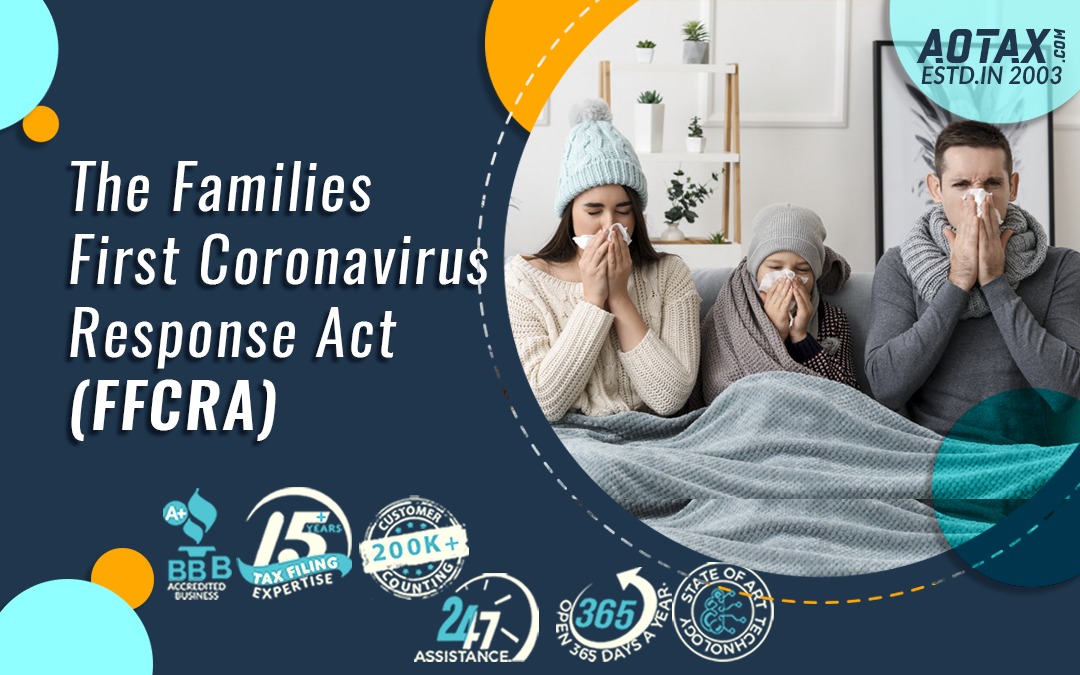
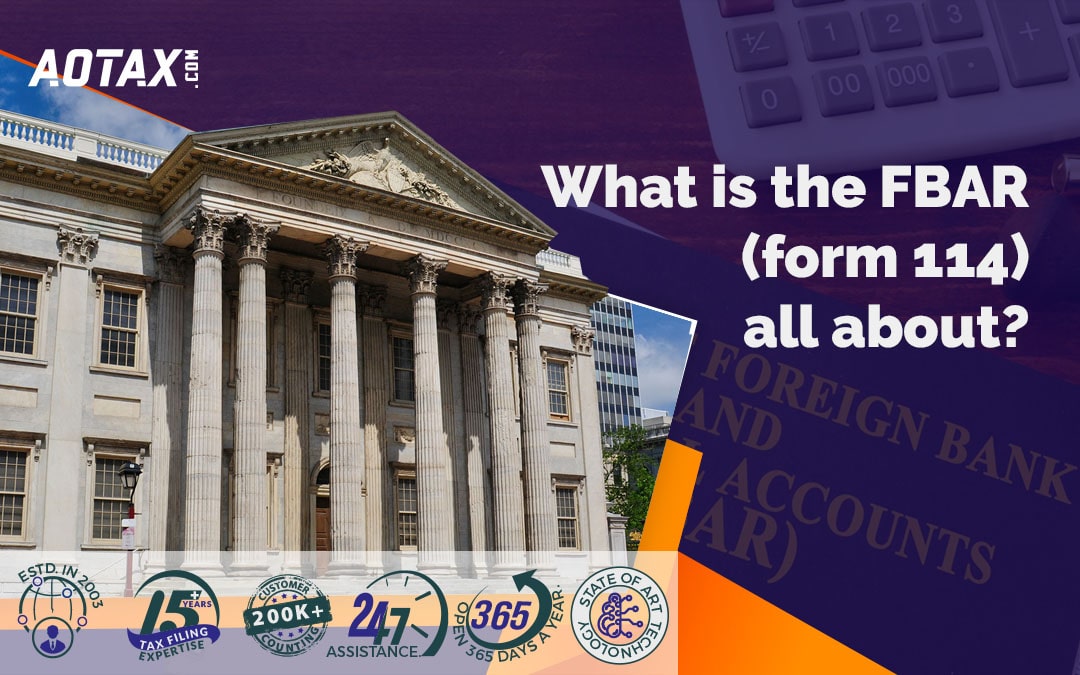
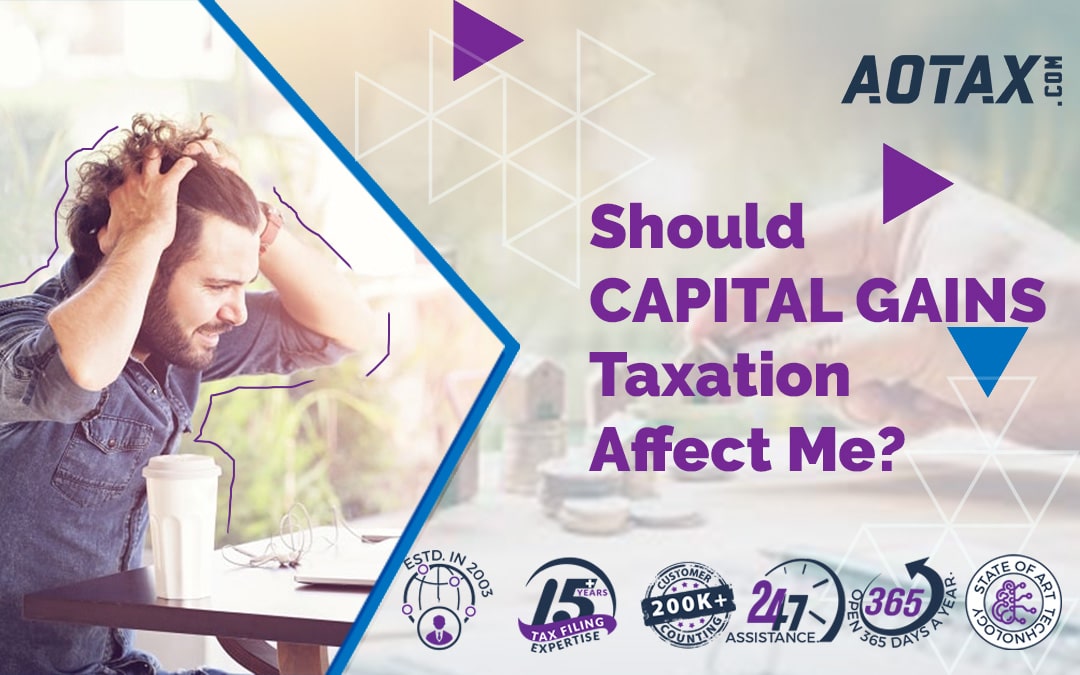
Recent Comments